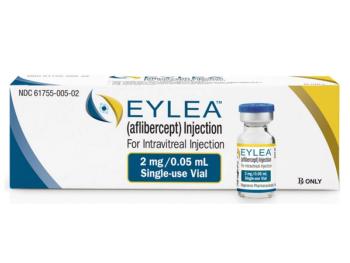
Eylea is being reviewed as a treatment for retinopathy in premature infants.

Eylea is being reviewed as a treatment for retinopathy in premature infants.
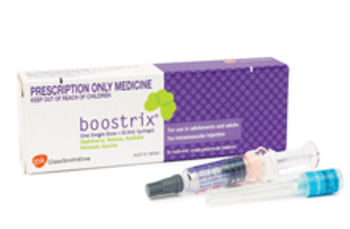
Regulators used a re-analysis of data from an observational case-control study of Tdap vaccine effectiveness to show that Boostrix given in the third-trimester prevented pertussis among infants.

If approved, trofinetide will be the first drug available for the treatment of Rett syndrome, a rare, genetic neurological disorder mostly in girls. The FDA action date is March 12, 2023.
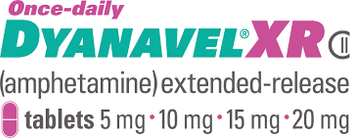
A clinical trial showed Dyanavel XR tablets were bioequivalent to the extended-release oral suspension formulation of Dyanavel.

Xofluza is a single-dose, oral therapy and is now approved for children five years and older for both the treatment and prevention of influenza.

The updated PDUFA date is Feb. 28, 2023, and the planned advisory committee meeting is on hold pending review of NDA amendments.
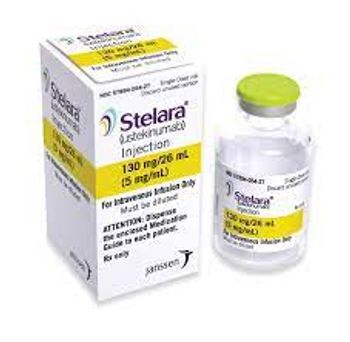
Stelara is the first biologic targeting both cytokines IL-12 and IL-23 and offers a therapeutic option for children six years of age and older living with active psoriatic arthritis, a rare disease.
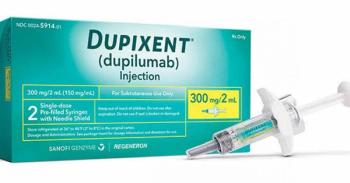
Dupixent is the first biologic medicine approved to treat moderate-to-severe atopic dermatitis from infancy through adulthood.

The FDA needs more time to assess information submitted by the company.

The setback for GlaxoSmithKline comes amid a multicompany race to develop a vaccine against respiratory syncytial virus infections.

Some have expressed concerns about the risk of myocarditis and unknown longer-term side effects.
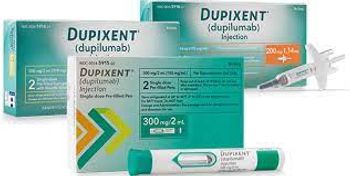
Developed by Regeneron Pharmaceuticals and Sanofi, Dupixent reduced severe asthma attacks and improved lung function in children 6 to 11 years.
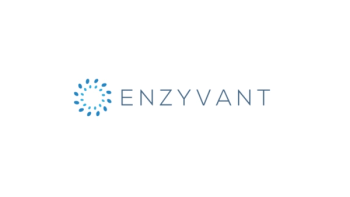
Rethmyic is a one-time regenerative tissue-based therapy for children born without a thymus gland.
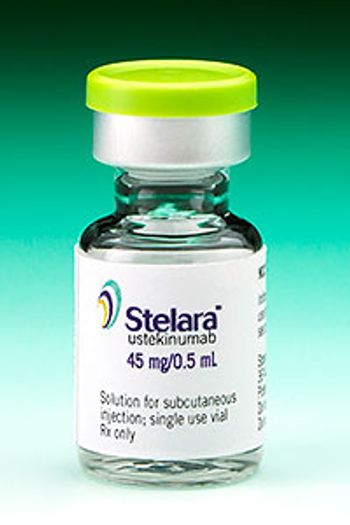
An FDA decision is expected in late 2022.
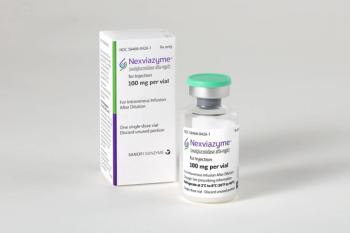
The enzyme replacement therapy treats Pompe disease, a rare genetic disorder that affects children.

The FDA assigned a PDUFA action date of March 20, 2022, for ganaxolone.

Keytruda gets a full approval in endometrial cancer; while Xeljanz will miss another PDUFDA date.

Azstarys is approved to treat patients 6 years and older.

FDA approves several drugs to treat rare conditions in both cancer and metabolic diseases.

Actions from FDA this week include approval of a second targted treatment for a Duchenne muscular dystrophy mutation, and filings in COVID-19 and blood disorders.

Adaptive Biotechnologies’ clonoSEQ gets third approval; FDA also acts on first at-home treatment for spinal muscular atrophy.

While FDA recently said Novartis and AveXis did not reveal data on their $2.1 million gene thaerpy for pediatric spinal muscular atrophy until after it was approved, Novartis is defending its actions.


Two major drug recalls in the last week include an expanded recall of a widely used blood pressure medication as well as over-the-counter infant ibuprofen.

This month’s featured exec is Deborah Feldman, president and CEO of Dayton Children’s Hospital. Here, she sheds light on how the future of healthcare is shaping up, and how value-based care, the ACA, and pediatric pain management fit in.